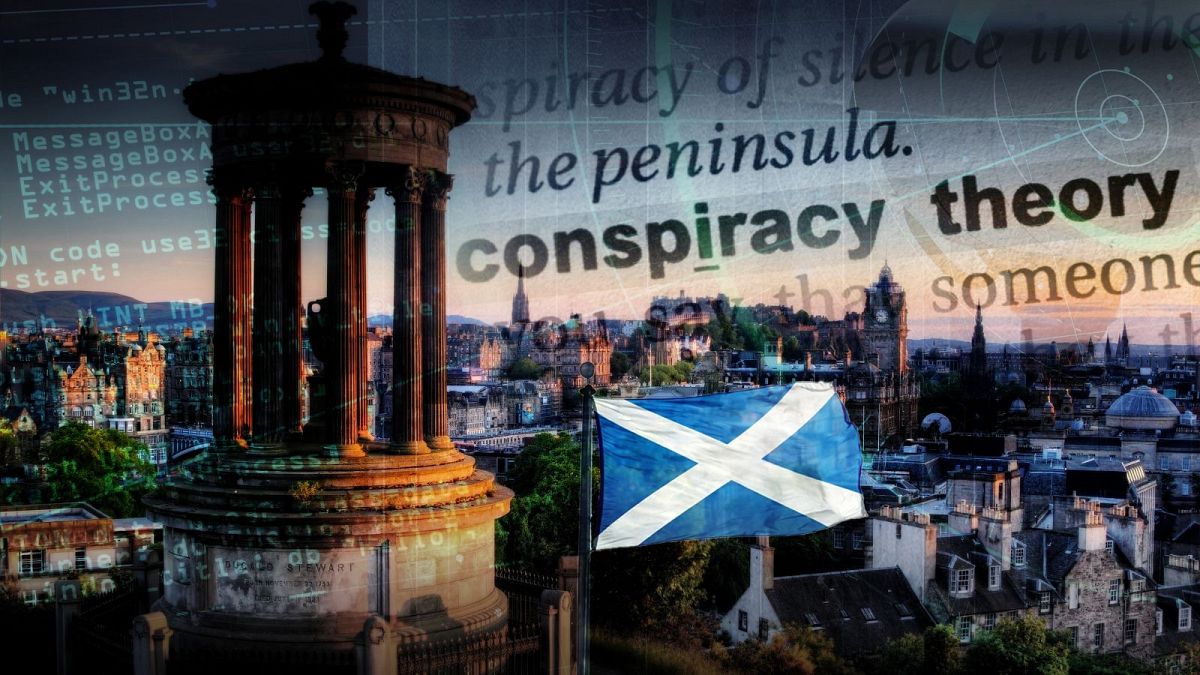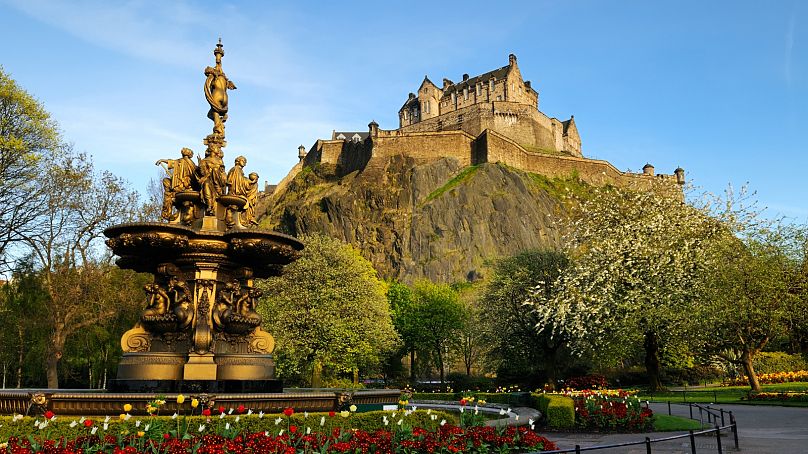There are fears that misinformation is gaining "enough traction to be dangerous" amid a report that someone was assaulted for promoting the policy.
Politicians in Scotland's capital are worried about "wild conspiracy theories" which have been spread about the concept of 20-minute neighbourhoods.
The Scottish Government says the concept aims to provide access to the majority of daily needs such as shops and schools within a 20-minute "walk, wheel or cycle".
A report to Edinburgh City Council said their plan would give "people the choice to access more services and facilities in their local area, it is not about restricting anyone from getting to or from other parts of the city," and help achieve green goals, while one local politician noted that "there are already 20-minute neighbourhoods in the city, they’ve probably already been here 600 years."
However, conspiracy theories surrounding this and 15-minute cities proposed elsewhere have been widespread across the world.
A conspiracy theory surrounding the concept even made it into the UK Parliament, with Conservative MP Nick Fletcher calling it an "international socialist concept" that would "cost us our personal freedom".
Local politicians fear misinformation in Edinburgh is now "gaining enough traction to be dangerous".
Speaking to Euronews, Councillor Amy McNeese-Mechan said she was "dismayed" that Edinburgh was "falling victim to some of the sort of online conspiracies that we usually associate with fringe groups in the US".
"I know that quite a few of our council workers have been threatened online and in person, including I understand an actual assault," she added.
She said the Leith area of the city was a perfect example of the kind of thing envisaged by the concept.
"We're fortunate to have access to shopping, leisure and health services locally, but still get around the city by active travel and public transport, for work or visiting family and friends," she added.
Another councillor, Alex Staniforth, said at a recent meeting of a council committee that "there are frankly a lot of conspiracy theories that are for some reason also tied to the low traffic neighbourhoods and the low emission zones as though they are all one vast conspiracy to force everyone to need a pass to leave their street, which is of course absolute errant nonsense."
However, Conservative councillor Marie-Clair Munro said the opinions of all residents should be taken on board, and told a council official that residents would be watching the discussion and asking "Am I able to get into my car in my neighbourhood that’s now a 20-minute neighbourhood and move around it if I wish?"
"I think that’s what’s causing a nervousness across Edinburgh about these 20 minute neighbourhoods and I think we have to make sure that residents know fully what’s going to happen," she said.
The council’s head of placemaking and mobility Daisy Narayanan made it clear that "we don’t have the legislation to use number plate technology first of all, and there is no intention of as you read sometimes on social media sometimes that people will be limited to where they can travel. That is not the case at all."

